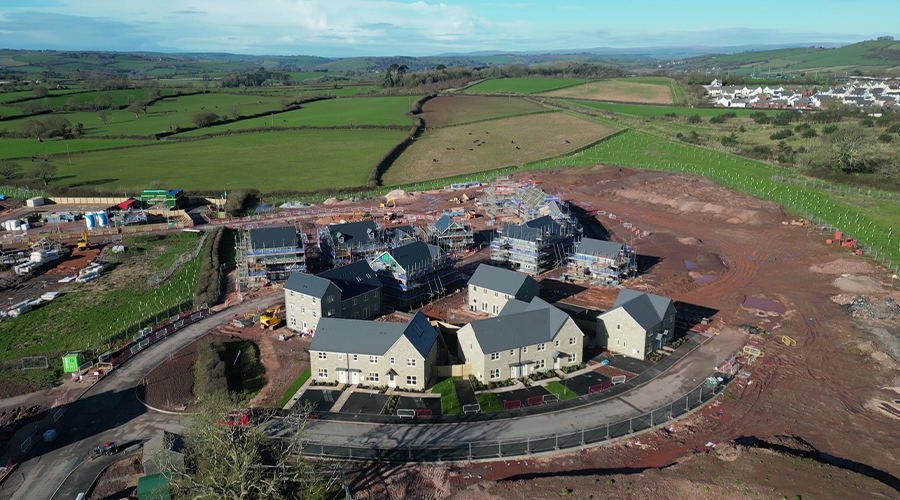

Growth was a key manifesto pledge of the Government. Anyone involved with rural businesses will know the planning system presents a key challenge to growth. In March this year, the Government introduced the Planning and Infrastructure Bill to reform and streamline the planning and compulsory purchase system.
Planning and development
It’s often felt that planning decisions are not made for sound planning reasons, but are political decisions (frequently refusals) made without a sound legal basis. This results in successful appeals, granting the permission albeit after delay and significant additional expense. The Bill gives the Secretary of State powers to make regulations that anyone at the local planning authority (“LPA”) involved in decision making must undertake training and hold a prescribed certificate.
The Secretary of State can prescribe the maximum size of planning committees, with the perception being that smaller committees lead to more efficient decision making. Regulations can specify which decisions should be decided by officers under delegated authority, leaving planning committees free to deal with ‘complex or contentious development where local democratic oversight is required’.
The lack of resources by local planning departments is perceived as reason for the delay in decisions. The Bill gives LPAs powers to decide their own planning fees which can be set to cover the cost of determining the application. These fees are to be ringfenced to the planning decision making function. Whilst this may help improve the timeliness in delivering planning decisions, costs are likely to be disproportionately higher on smaller applications made by rural businesses.
Those who have been working with rural development long enough will recall that in 2010 one of the first steps of the Coalition Government was to abolish Regional Spatial Strategies to return decision making power to local councils. This Bill introduces a framework for Spatial Development Strategies (“SDS”) which will cover a wider area than Local Plans. SDS will be made “strategic planning authorities” which can include strategic planning boards established by the Secretary of State across several planning authorities. The SDS will be part of the Development Plan, and all Local Plans will need to be in conformity with the SDS.
Whilst the aims of the Bill are to speed up decision making, it may be at the expense of local democracy as more decisions are delegated and local plans have to comply with the wider SDS.
Nature recovery
The Bill also introduces Environmental Development Plans. These are plans to be prepared by Natural England which will set out the conservation measures to address the impact of certain types of development on environmental features. Rather than planning conditions being used to mitigate the impact of the development, developers can pay a levy to Natural England. Natural England will use the levy to deliver conservation measures.
The aim is that, by paying a levy, it will speed up decision making and delivery of developments. It will also enable Natural England to deliver conservation measures over a wider area to maximise the environmental benefit. However, this may be criticised as a way of simply allowing developers to pay a levy and outsource the environmental mitigation which may not help those living near the development.
Compulsory Purchase Orders
The reform of Compulsory Purchase Order (“CPO”) powers has attracted a lot of attention. The Bill streamlines CPO powers, allowing them to be delivered more quickly. The Bill also extends existing powers, allowing town/parish and community councils to remove hope value when acquiring land for affordable or social housing.
When land is acquired by CPO, any enhancement in value resulting from the CPO development scheme is ignored, but the hope of getting a different form of planning permission is taken into account. This is because “hope value” is part of the normal valuation process. By disregarding hope value, it will enable agricultural land to be acquired at only agricultural value, even where the market value is significantly higher.
CPO is used where land cannot be acquired on reasonable commercial terms. One way for landowners to address this would be to ensure they engage with local authorities who may be looking to acquire land. Bearing in mind the current difficulties developers face in finding affordable housing providers to take on affordable housing sites with existing consent, it has to be questioned whether this alone will improve the delivery of affordable housing.
Whilst the Bill introduces several fundamental changes, we have seen previous governments introduce reforms without seeing significant improvements. Lack of time and skilled officers in planning authorities is the main issue. It seems unlikely that significant additional funding will come from the Government; will the additional income from planning fees be sufficient to address the issue? It seems unlikely in the short term.










